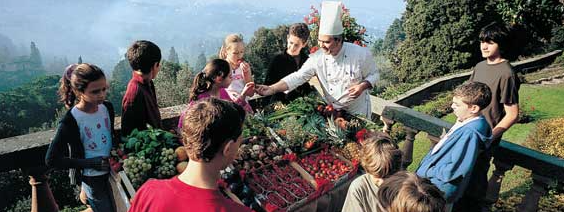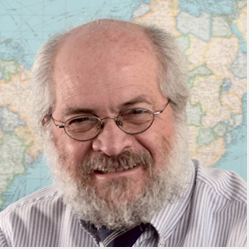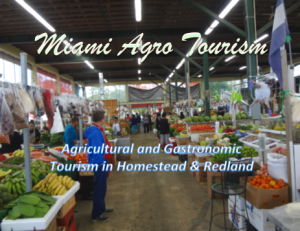
Anyone in the BU Gastronomy program is aware of just how popular food has become within the past decade. The advent of the “foodie” has meant that more and more people are paying closer attention to what they eat and food has become more than just a means for sustenance but a form leisure activity. Needless to say, with more people interested in food comes a demand for more places to eat, and this has given rise to the popularity of culinary tourism, one of the fastest growing and most lucrative industries today.
Culinary tourism is something that is discussed in some of the program’s core courses, such as theory and methodology, as well as anthropology of food. The topic is approached more from a social science perspective as students examine the cultural and social implications on local populations, as well as tourists’ motivations for traveling to experience new foods. The readings and discussion can lead one to examine their own motivations for trying new cuisines, but it can also lead students to consider culinary tourism as a possible career path.

Fortunately, students have an opportunity to explore the broader industry into which culinary tourism falls: cultural tourism. Metropolitan College’s Administrative Studies department offers a course in the fall semester on cultural tourism that is open to BU Gastronomy students as an elective credit. Professor Samuel Mendlinger has been teaching the course for nearly a decade and is the founder and director of the Economic Development & Tourism Management concentration in the Administrative Studies department. Dr. Mendlinger has spent the majority of his career specializing in economic development in the developing world. In doing so, he became aware of the positive impact that tourism had in developing local economies. Since founding the concentration at Boston University, he has worked or been a consultant on tourism development in the United States, Dominican Republic, China, United Arab Emirates, Liberia and Tanzania
Dr. Mendlinger is quick to point out that “tourism is not hospitality. [the] goal is not to provide the best service possible to [the] client/tourist.” He continues explaining that “true tourism development has three clients who all must be satisfied: (1) the tourist who we wish to provide with the best memories and experiences possible; (2) the local population who we wish to aid in wealth and good job creation; and (3) the future, so we wish not to destroy or seriously damage the environment or the local culture.”
The course provides a look at tourism from more of a business perspective, and students explore the theories and principles of cultural tourism development and management, a nice compliment to the social science approach offered in the Gastronomy core curriculum. Students who take the course learn that cultural tourism has only been considered a distinct branch of the industry since the 1990s and is defined by tourists’ desire to participate in cultural activities as the primary or secondary motivation for travel. These cultural activities include art, music, history, and, of course, gastronomy, which receives its own segment during the course. Students learn how to identify cultural assets of a tourist destination, including gastronomy, and how to market these assets and develop them as tourism products in the most sustainable and responsible ways so that they cater to the three clients Dr. Mendlinger describes.

Utilizing the principles and theories learned in readings and lectures, students then critique two cultural tourism products to assess how successfully they have been developed and if they do, indeed, serve the needs of tourists, the local population, and the future. Additionally, students become equipped with the knowledge to offer their own recommendations for how these tourist attractions can be improved. The course concludes with students offering and presenting their own plans for the development of a cultural asset into a cultural tourism product. Student projects have included formulating statewide beer trails in Vermont, developing a local market in Lyon as a tourist attraction, and creating a tropical agriculture and gastronomy food tour in Miami.
Students who complete Dr. Samuel Mendlinger’s course on cultural tourism are then invited to take his course on economic development via tourism in the developing world in the spring semester, which meets in Tanzania.
Paired with other food business and food marketing related courses, the course on cultural tourism can greatly aid students in pursuing a career in culinary tourism or perhaps starting their own company catering to tourists in search of new gastronomic experiences.
Cultural Tourism (ML 692) is offered in the fall semesters and is cross listed with AD 603. The course is attended by a diverse group of students from all across the world and across various disciplines.


Reblogged this on Carlos Cuisine and commented:
This is the course that got me started in Food Tourism